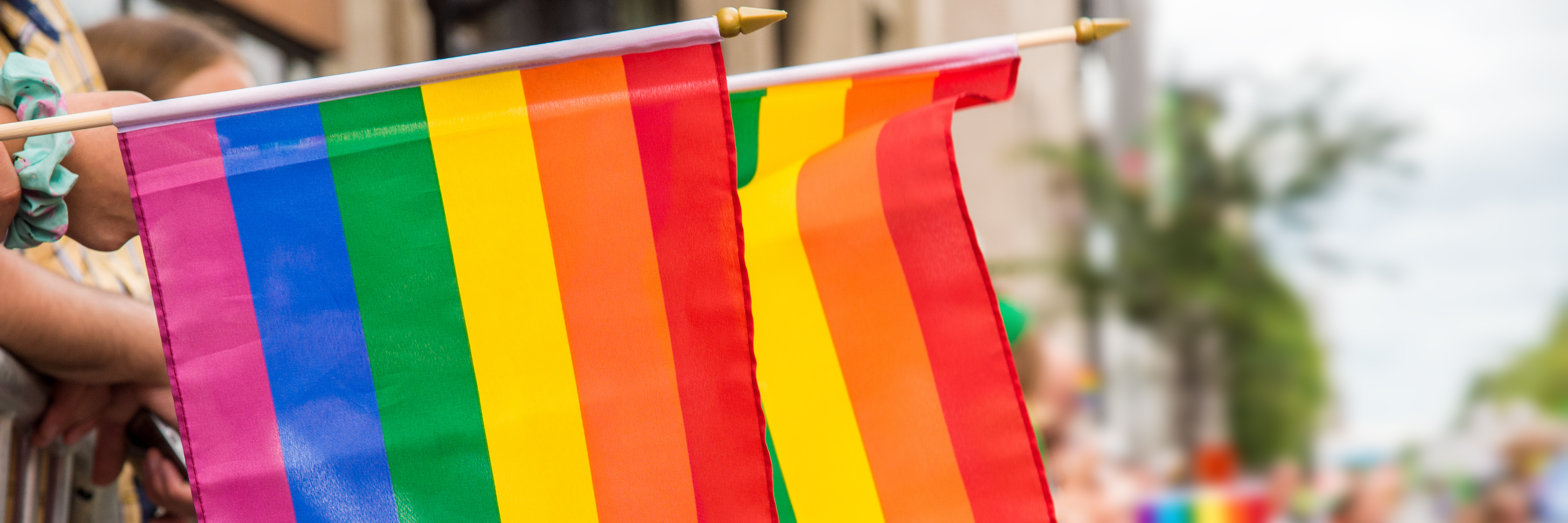In honor of San Francisco Pride Weekend, I thought I would share my coming out story. Well, all three of them.
I came out as gay to my parents and close friends my senior year of high school. While my parents are liberal, I grew up in a small conservative town where my classmates’ favorite nickname for me was “faggot.” While coming out as gay was difficult at first, this was only the first of three coming out processes.
In college, I was diagnosed with generalized anxiety disorder (GAD) and obsessive-compulsive disorder (OCD). While I was thankful to have finally received formal diagnoses and relief for the nearly five years of anxiety-induced migraines I had been struggling with, I was apprehensive as to what coming out as gay and as someone living with a mental illness would entail.
While coming out as gay in San Francisco is rarely met with reserve, coming out as someone with mental illness is less welcomed. To this day, I can vividly remember when I met a friend for lunch after therapy. When she asked where I had just been, I nonchalantly told her I was seeing my therapist. She proclaimed, “I didn’t know you were ‘crazy.’ Am I safe being around you?”
While I no longer remain in touch with this friend, this experience is still salient when I choose how I come out. I share this experience when I present workshops on mental illness and social justice in order to demonstrate how prevalent stigma is.
Given my love for rain and coffee (I am a loyal Starbucks Gold Card Member), I later moved to Seattle in order to attend University of Washington. I continued to become more comfortable with coming out — both as gay and as someone living with mental illness.
However, during my first year of grad school, I was raped off-campus. I was again confronted with severe anxiety and the constant migraines I endured earlier in school. I also experienced panic attacks that lasted for hours.
I faced similar stigma akin to when I first came out, but now around being a male rape survivor. The cops I reported my rape to laughed when I asked for a rape kit. They asked if I was “mentally sane,” given the anxiety medications I took. When I finally received a rape kit, they asked if I was drunk, on drugs or if I was even raped at all.
Given my preexisting relationships with the doctors and therapists on-campus and amazing support system, I was able to recover and heal. However, I’ve since been diagnosed with PTSD.
Now, more than two years after the rape, I now feel comfortable coming out. I can say I’ve finished my third coming out process. I’ve come out as a queer person. I’ve come out as someone living with mental illness. And now I’ve come out as a male rape survivor.
If you’re feeling suicidal, or just needs a safe place to talk, you can call the Trevor Lifeline at 866-488-7386.
If you or a loved one is affected by sexual abuse or assault and need help, call the National Sexual Assault Telephone Hotline at 1-800-656-4673 to be connected with a trained staff member from a sexual assault service provider in your area.
Thinkstock photo via Marc Bruxelle.

